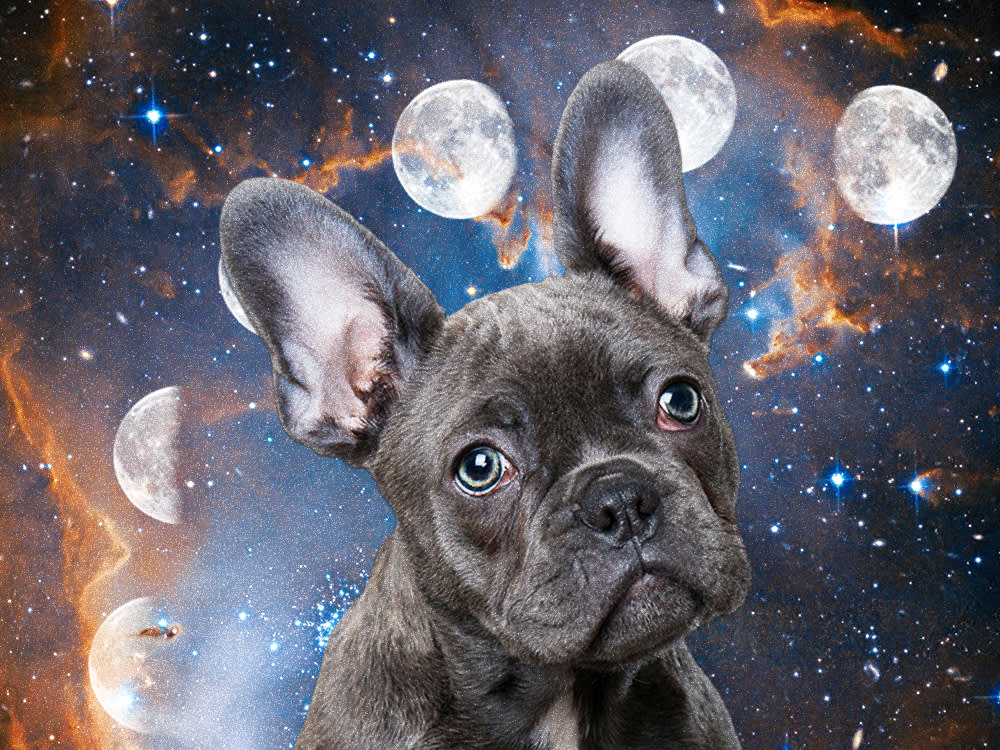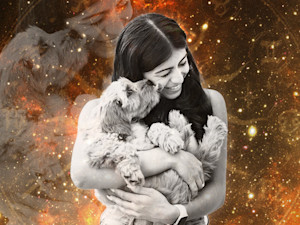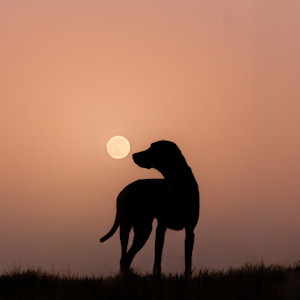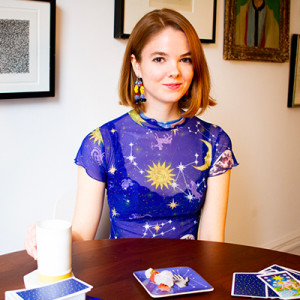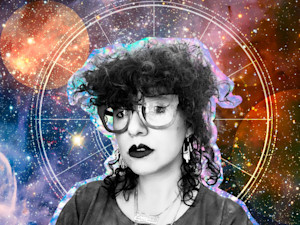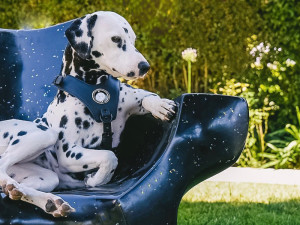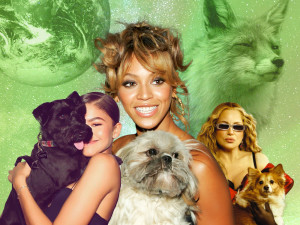How the Moon Phases Affect Your Pet
Vogue astrologer Alice Bell explains moon mapping for dog and cat parents.
It takes the moon about four weeks to go through its entire cycle, from the new moon to the full moon and back to the new moon again. The gravitational pull of the moon often affects your emotions and energy levels, with the new moon being a time of quiet reflection and planning ahead, and the full moon being the time of the month during which there is a surge of activity and emotions are heightened. Whatever phase the moon is currently in can tell a lot about how both you and your pet are feeling.
While there is usually not much going on during a new moon, and you may find your dog or cat is a little quiet, during the full moon it may be difficult to get your pet to settle down. When you learn how to work with the lunar cycle, you’ll find that activities — such as training your dog or introducing your cat to new people — seem to flow more naturally. Keep reading to find out how your pet may act during each moon phase.
New moon
The new moon marks the beginning of a fresh, four-week cycle. It’s a time for realizing goals you want to work towards with your pet and considering how you plan on training them over the next month. This could be the period during which you set an intention of what trick you want your dog to learn or what activities you want to do together. However, the new moon is also a period of low energy, so you might want to carve out time for naps or vegging out in front of the TV with your cat. Don’t beat yourself up if it seems like you’re not doing enough with your pet. Chances are, they are probably feeling just as sluggish and unmotivated as you are.
How much do you spend on your pet per year?
Waxing moon
In the two weeks that follow the new moon, the moon is in its waxing phase. During this period, you will want to build upon any goals or intentions you may have set at the new moon. If you had the idea to start training your pet to do something specific, now is the time to take the steps to get there. Your dog may have a lot more energy to keep up with lessons, and it’s more likely that any new information will stick. You may also have more activity going on in your life in general, so this could be a fun time to take your pet places with you. Bring them along on errands or on outings with friends, so they’re getting out of the house and taking in new scents.
Full moon
The full moon is often a time where emotions are heightened and there is a flurry of activity going on. You may notice in the days surrounding the full moon that your dog or cat is a little jumpy or on edge. They could have trouble sitting still, and they will have a lot of energy that they need to release. The full moon is the perfect period to get in more active exercises, such as going on a long run or hike, take your pup to the dog park to socialize, or even try walking your cat! Your pet may grow aggravated and restless if they’re cooped up inside for too long. In addition, you might notice that your pet is starting to catch on and make progress with any new tricks that you’ve been teaching them recently.
Waning moon
Coming off of the excitement of the full moon, the moon’s waning phase is the two-week period that follows. Your schedule might slow down, and you may want to reflect on any important realizations that have come up. If you have been training your dog, try not to introduce any new information at this time. Continue to practice the lessons you introduced earlier on in the month. The waning moon is also a great period to take a vacation with your pet or make time to relax. They probably won’t want to engage in anything that is super high intensity, and they may prefer to stay at home and just play with mentally stimulating dog toys or cat puzzles. Another activity that may help your pet destress is dog yoga, a.k.a. doga. The slow movements will help calm your pet’s mind and body.
